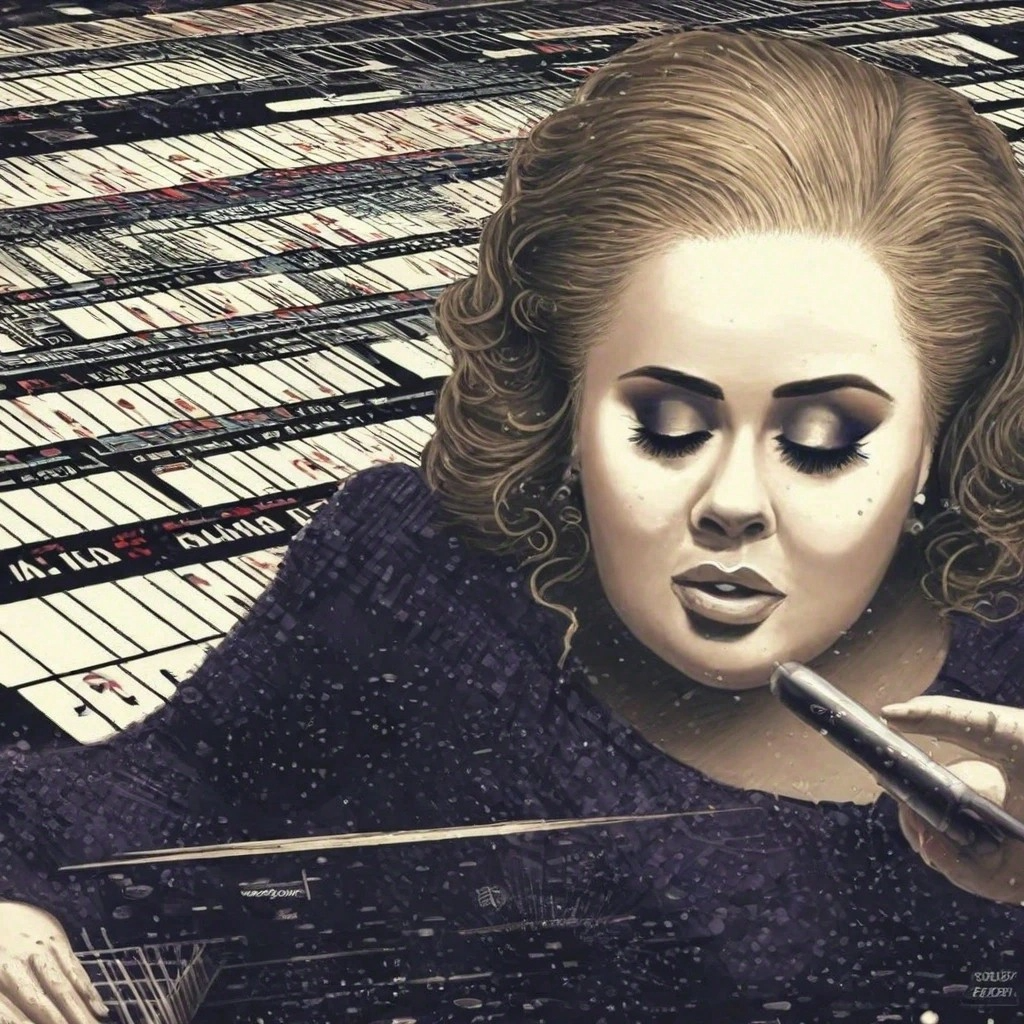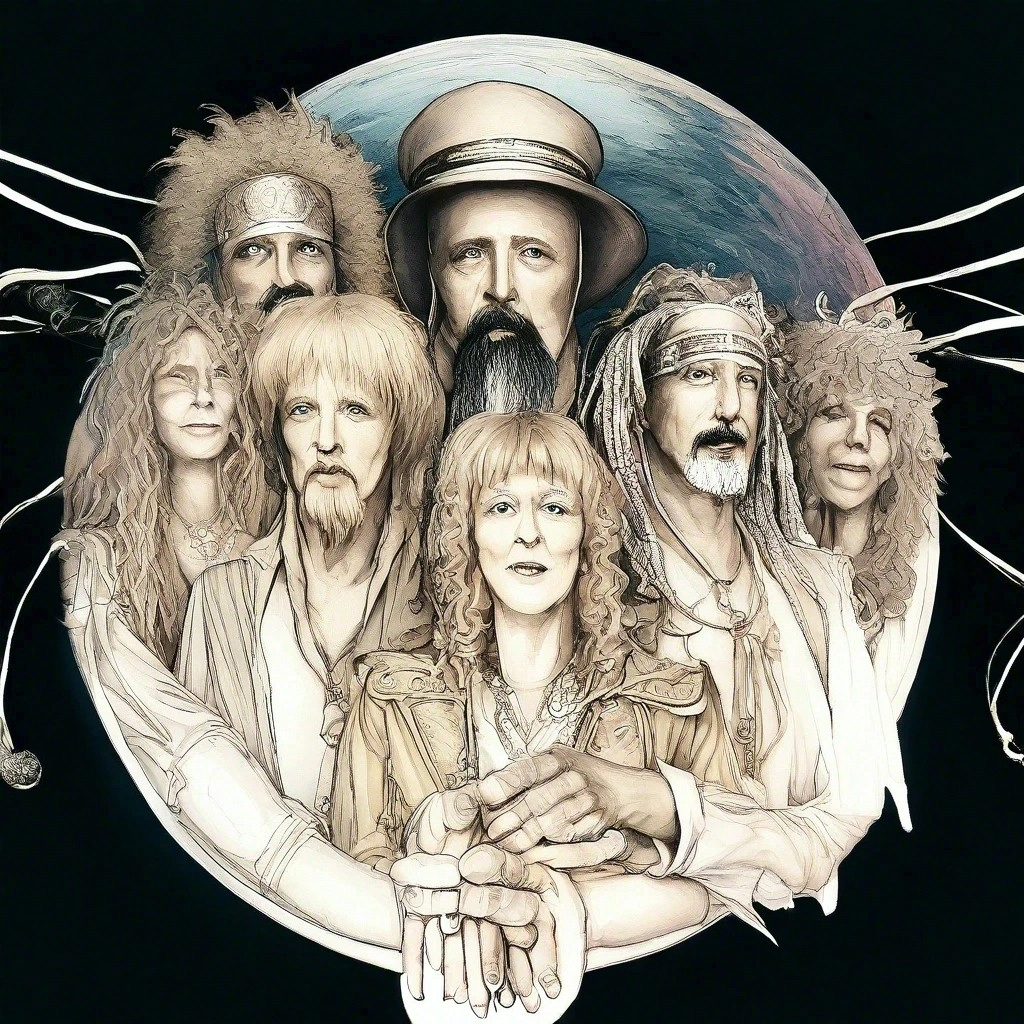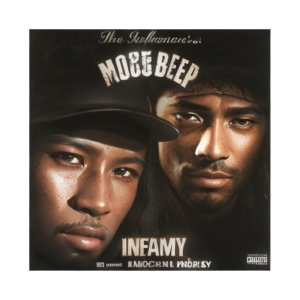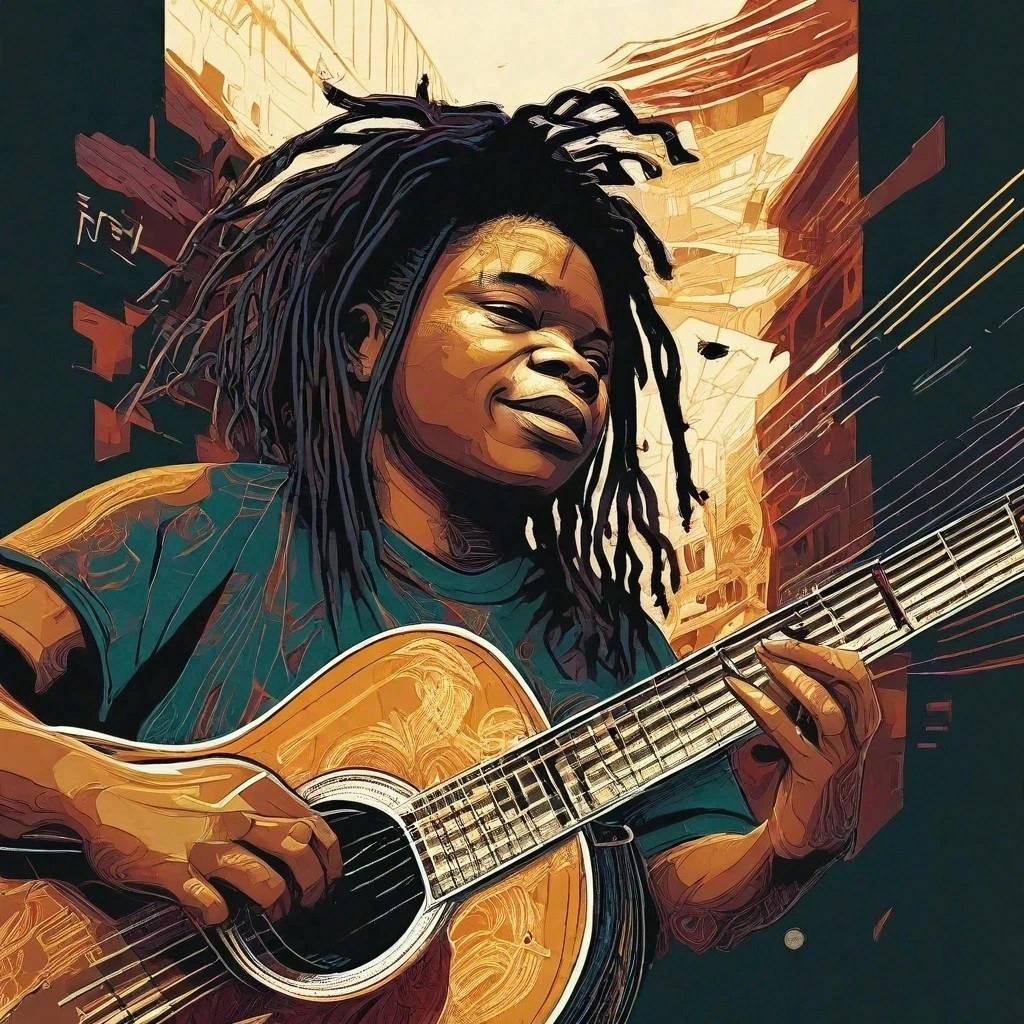Adele 21 sophomore album, stands as a testament to the power of raw emotion, soulful vocals, and timeless songwriting.
Adele sophomore album, “21,” stands as a testament to the power of raw emotion, soulful vocals, and timeless songwriting. Released in 2011, this album marked Adele’s meteoric rise to international stardom, solidifying her status as one of the most captivating voices of her generation. Building upon the success of her debut album “19,” Adele ventured into deeper emotional territories with “21,” crafting an album that resonated with listeners on a profound level.
From heart-wrenching ballads to empowering anthems, “21” is a journey through love, loss, and resilience. Adele’s ability to convey vulnerability and strength in her music is unparalleled, drawing listeners into her world with each poignant lyric and soul-stirring melody. With its rich tapestry of emotions and sonic textures, “21” captivates from the opening notes and leaves a lasting impression that transcends time.
Adele's soulful voice serves as the cornerstone of the album's musical style,
“21” showcases Adele’s mastery of blending various musical styles and genres while staying true to her soulful roots. At its core, the album is grounded in soul and pop sensibilities, but it also incorporates elements of blues, jazz, and folk, adding depth and dimension to the musical landscape.
Adele’s soulful voice serves as the cornerstone of the album’s musical style, infusing each track with a raw and emotive quality that is both haunting and captivating. Her vocal delivery effortlessly transitions from tender vulnerability to powerful assertiveness, capturing the nuances of the human experience with authenticity and depth.
The instrumentation on “21” is equally diverse and richly textured, featuring a blend of acoustic and electric elements that complement Adele’s vocals with precision. From the soulful piano melodies of “Someone Like You” to the bluesy guitar riffs of “Rolling in the Deep,” each song is meticulously crafted to evoke a specific mood and atmosphere, showcasing Adele’s versatility as an artist.
Overall, “21” defies easy categorization, seamlessly blending elements of soul, pop, blues, and folk to create a musical tapestry that is as timeless as it is contemporary. It’s a testament to Adele’s ability to transcend genre boundaries and connect with listeners on a deeply emotional level, making “21” a standout album in her illustrious career.
In addition to her lyrical prowess, Adele demonstrates a keen sense of musicality and arrangement on "21."
Adele’s artistic direction on “21” is a bold and unapologetic exploration of love, heartbreak, and self-discovery. Building upon the foundation laid by her debut album “19,” Adele takes artistic risks and delves into deeper emotional territories, crafting a cohesive narrative that unfolds with each track.
One of the most striking aspects of Adele’s artistic direction on “21” is her willingness to embrace vulnerability and authenticity in her music. She fearlessly confronts themes of heartbreak, betrayal, and longing, drawing from personal experiences to create songs that resonate with universal truths. Whether she’s reflecting on past relationships in “Someone Like You” or channeling inner strength in “Rolling in the Deep,” Adele’s artistic vision shines through in every lyric and melody.
In addition to her lyrical prowess, Adele demonstrates a keen sense of musicality and arrangement on “21.” Each song is meticulously crafted to evoke a specific mood and atmosphere, with lush instrumentation and dynamic production that elevate the emotional impact of the music. Whether it’s the haunting piano melodies of “Set Fire to the Rain” or the anthemic choruses of “Rumour Has It,” Adele’s artistic direction shines through in every aspect of the album’s sonic landscape.
Overall, “21” is a testament to Adele’s artistic vision and creative evolution as an artist. Through her fearless exploration of love, loss, and resilience, she crafts a musical journey that is both deeply personal and universally relatable, solidifying her status as one of the most iconic artists of her generation.
The lyrical depth and thematic richness of Adele’s “21” are undeniably central to its enduring appeal. Each song on the album is a masterclass in storytelling, with Adele weaving poignant narratives that resonate with listeners on a profound level.
One of the most striking aspects of the lyrics on “21” is Adele’s ability to capture the complexities of human relationships with honesty and vulnerability. Whether she’s grappling with heartbreak, longing, or empowerment, Adele’s lyrics are infused with raw emotion and authenticity, drawing listeners into her world with each heartfelt confession.
Themes of love and loss permeate throughout the album, as Adele navigates the highs and lows of romantic relationships with grace and introspection. In tracks like “Someone Like You” and “Turning Tables,” she explores the pain of unrequited love and the struggle to move on from past heartbreaks, while songs like “Rolling in the Deep” and “Set Fire to the Rain” exude a sense of empowerment and resilience in the face of betrayal and adversity.
Adele’s lyrical prowess is matched only by her ability to convey universal truths and experiences with a level of specificity and nuance that is truly remarkable. Whether she’s lamenting the end of a relationship or celebrating newfound independence, her lyrics resonate with listeners from all walks of life, speaking to the universal emotions that bind us together as human beings.
Overall, the lyrics and themes of “21” are a testament to Adele’s gift for storytelling and her ability to connect with listeners on a deeply emotional level. Through her honest and introspective songwriting, she crafts a musical journey that is as relatable as it is profound, solidifying her status as one of the most compelling lyricists of her generation.
The production quality of Adele’s “21” album is a testament to the meticulous attention to detail and craftsmanship that went into its creation. Helmed by acclaimed producers such as Rick Rubin, Paul Epworth, and Ryan Tedder, “21” features a polished and dynamic sound that perfectly complements Adele’s powerful vocals and emotive songwriting.
One of the defining characteristics of the production on “21” is its balance between simplicity and sophistication. While the arrangements are often stripped-back and minimalist, they are imbued with a sense of depth and richness that elevates the overall listening experience. From the haunting piano melodies of “Someone Like You” to the lush orchestration of “Turning Tables,” each song is carefully crafted to highlight Adele’s vocals while creating a sonic landscape that is both immersive and captivating.
The production on “21” also showcases a diverse range of musical influences and textures, incorporating elements of soul, pop, blues, and folk to create a sound that is at once familiar and innovative. Whether it’s the soulful horns on “Rolling in the Deep” or the gospel-inspired backing vocals on “Set Fire to the Rain,” each song is enhanced by its unique production flourishes, adding depth and dimension to the album as a whole.
Overall, the production quality of “21” is a testament to Adele’s collaborative spirit and her commitment to delivering a sonic experience that is both timeless and contemporary. With its meticulous attention to detail and richly textured soundscapes, “21” stands as a shining example of the artistry and craftsmanship that defines Adele’s music.
The instrumentation and arrangement on Adele’s “21” album play a pivotal role in shaping its rich sonic landscape and emotional depth. From soulful piano ballads to anthemic pop tracks, each song is meticulously crafted with a diverse array of musical elements that enhance the storytelling and emotional resonance of the album.
At the heart of many tracks on “21” lies the piano, an instrument that serves as both a melodic anchor and a vehicle for emotional expression. Songs like “Someone Like You” and “Turning Tables” showcase Adele’s soulful piano playing, with haunting melodies that underscore the raw emotion and vulnerability of her lyrics. The piano serves as a versatile canvas for Adele’s voice, providing a foundation for her emotive vocals to soar and weave intricate narratives.
In addition to the piano, “21” features a wide range of instrumentation that adds depth and texture to the album’s sonic palette. From the bluesy guitar riffs of “Don’t You Remember” to the soaring strings of “Set Fire to the Rain,” each song is carefully arranged to create a dynamic and immersive listening experience. The use of horns, percussion, and backing vocals further enhances the album’s sonic diversity, adding layers of complexity and intensity to the music.
One of the most remarkable aspects of the instrumentation and arrangement on “21” is its ability to evoke a wide range of emotions and moods. Whether it’s the intimate intimacy of a stripped-back ballad or the bombastic energy of an uptempo anthem, each song is crafted with precision and care to evoke a specific emotional response from the listener. The seamless integration of musical elements and the meticulous attention to detail in the arrangement make “21” a truly immersive and captivating listening experience from start to finish.
Overall, the instrumentation and arrangement on “21” are a testament to Adele’s musical vision and creative prowess. With its rich tapestry of sounds and textures, “21” showcases the depth and complexity of Adele’s artistry, solidifying her status as one of the most compelling artists of her generation.
Adele’s vocal performance on “21” is nothing short of mesmerizing, showcasing her exceptional talent and emotive range as a singer. With each track, Adele delivers a masterclass in vocal prowess, effortlessly transitioning between tender vulnerability and powerful conviction, leaving listeners spellbound by the sheer depth and emotion in her voice.
One of the most remarkable aspects of Adele’s vocal performance on “21” is her ability to convey raw emotion and authenticity with every note she sings. Whether she’s pouring her heart out in a soulful ballad like “Someone Like You” or belting out an empowering anthem like “Rolling in the Deep,” Adele’s voice resonates with a soul-stirring intensity that leaves an indelible impression on the listener.
Adele’s vocal versatility is on full display throughout the album, as she effortlessly navigates a wide range of musical styles and genres with grace and precision. From the bluesy rasp of “Rumour Has It” to the delicate vulnerability of “Turning Tables,” Adele’s voice is a dynamic instrument that adapts to the emotional nuances of each song, drawing listeners in with its rich timbre and expressive delivery.
In addition to her technical skill, Adele’s vocal performance on “21” is characterized by its sheer power and presence. Whether she’s delivering a soft, intimate whisper or unleashing a soaring vocal crescendo, Adele commands attention with her commanding stage presence and undeniable charisma, capturing the hearts of listeners with her sheer vocal magnetism.
Overall, Adele’s vocal performance on “21” is a tour de force that showcases her unparalleled talent and artistry as a singer. With its raw emotion, soul-stirring intensity, and sheer vocal prowess, “21” stands as a testament to Adele’s status as one of the most captivating voices of her generation.
The flow and cohesion of Adele’s “21” album are masterfully executed, creating a seamless and immersive listening experience from start to finish. Each song transitions effortlessly into the next, creating a cohesive narrative arc that takes listeners on an emotional journey through love, loss, and resilience.
One of the key elements that contributes to the album’s flow and cohesion is its meticulous sequencing. From the haunting opening notes of “Rolling in the Deep” to the poignant closing strains of “Someone Like You,” each song is strategically placed within the tracklist to maximize its emotional impact and thematic resonance. The album’s pacing is carefully calibrated to build tension and release, creating moments of quiet introspection and explosive catharsis that keep listeners engaged from beginning to end.
In addition to its thoughtful sequencing, “21” also benefits from its thematic consistency and sonic coherence. While each song explores a different facet of Adele’s emotional landscape, they are all united by a common thread of heartache, longing, and resilience. Whether she’s lamenting the end of a relationship or embracing newfound independence, Adele’s lyrical themes and musical motifs remain consistent throughout the album, creating a sense of unity and cohesion that ties the songs together thematically and sonically.
Furthermore, the production quality of “21” enhances its flow and cohesion, with each song featuring lush instrumentation and dynamic arrangements that contribute to the album’s overall sonic palette. From the soulful piano melodies to the soaring strings and gospel-inspired backing vocals, every musical element is carefully crafted to complement Adele’s emotive vocals and enhance the emotional resonance of the music.
Overall, the flow and cohesion of “21” are a testament to Adele’s artistry and attention to detail as a musician. With its seamless transitions, thematic consistency, and sonic coherence, “21” stands as a shining example of how an album can transcend individual songs to create a cohesive and immersiv
“21” is primarily a solo effort by Adele, with the majority of the album’s tracks featuring her powerful vocals and emotive songwriting as the focal point. However, while there are no official collaborations credited on the album, Adele did work closely with a team of talented musicians, producers, and songwriters to bring her artistic vision to life.
One of the key collaborators on “21” is producer Paul Epworth, who worked with Adele on several tracks including the smash hit “Rolling in the Deep.” Epworth’s production expertise and creative input played a significant role in shaping the sound and direction of the album, helping to capture the raw emotion and intensity that defines Adele’s music.
In addition to Epworth, Adele collaborated with a diverse array of songwriters and musicians to craft the songs on “21.” From co-writers like Dan Wilson and Ryan Tedder to session musicians who contributed to the album’s rich sonic tapestry, each collaborator played a vital role in bringing Adele’s artistic vision to fruition.
While “21” may not feature the high-profile collaborations that are common in many contemporary albums, Adele’s collaborative spirit and willingness to work with a team of talented professionals undoubtedly contributed to the album’s success. By surrounding herself with collaborators who shared her passion and commitment to excellence, Adele was able to create a cohesive and impactful body of work that continues to resonate with listeners around the world.
“Innovation and Originality” are somewhat nuanced concepts when discussing Adele’s “21” album. While the album may not be groundbreaking in terms of pushing musical boundaries or introducing entirely new genres, it undeniably stands out for its innovative approach to storytelling and its originality in capturing raw emotion and authenticity.
Adele’s innovation lies in her ability to take familiar musical elements—soulful vocals, heartfelt lyrics, and lush instrumentation—and infuse them with a fresh perspective and modern sensibility. While her sound may be rooted in traditional soul and pop, Adele brings a contemporary edge to her music through her honest and introspective songwriting, as well as her dynamic vocal delivery.
Moreover, Adele’s originality shines through in her willingness to embrace vulnerability and authenticity in her music. In an era dominated by polished pop productions and manufactured personas, Adele’s unapologetic honesty and emotional depth set her apart as a truly original artist. Her willingness to explore themes of love, loss, and resilience with candor and vulnerability resonates with listeners on a deeply personal level, creating a genuine connection that transcends genre boundaries.
Furthermore, Adele’s ability to connect with audiences across generations and demographics speaks to her innovative approach to storytelling and songcraft. By tapping into universal emotions and experiences, she creates music that is both timeless and contemporary, appealing to listeners of all ages and backgrounds.
Overall, while “21” may not break new ground in terms of musical innovation, its originality lies in Adele’s fearless exploration of the human condition and her ability to capture the complexities of love, heartbreak, and self-discovery with honesty and authenticity. In a musical landscape often dominated by trends and formulas, Adele’s commitment to staying true to herself and her artistry sets her apart as a truly innovative and original artist.
The impact and emotional resonance of Adele’s “21” album are undeniable, cementing its status as a cultural phenomenon that continues to resonate with listeners around the world. From its raw and emotive lyrics to its soul-stirring vocal performances, “21” captures the full spectrum of human emotion with a depth and authenticity that leaves a lasting impression on its audience.
One of the key factors contributing to the album’s impact is Adele’s ability to tap into universal emotions and experiences with honesty and vulnerability. Whether she’s singing about heartbreak, longing, or empowerment, Adele’s lyrics resonate with listeners on a deeply personal level, eliciting empathy and understanding from audiences of all ages and backgrounds.
Furthermore, Adele’s emotive vocal delivery adds another layer of depth and resonance to the album, infusing each song with a sense of urgency and intensity that is impossible to ignore. From the haunting melancholy of “Someone Like You” to the defiant empowerment of “Rolling in the Deep,” Adele’s voice carries the weight of her emotions with a raw and unbridled passion that leaves listeners spellbound.
The impact of “21” extends beyond its individual songs, as the album as a whole serves as a powerful testament to the resilience of the human spirit. Through her fearless exploration of love, loss, and self-discovery, Adele inspires listeners to confront their own emotions and embrace the complexities of the human experience with courage and grace.
Moreover, the cultural impact of “21” cannot be overstated, as the album transcends musical boundaries to become a touchstone for listeners across generations and demographics. Its universal themes and timeless appeal have solidified its place in the pantheon of iconic albums, ensuring that it will continue to resonate with audiences for years to come.
In conclusion, the impact and emotional resonance of Adele’s “21” album are a testament to the power of music to connect us on a deep and profound level. Through its raw and authentic portrayal of the human experience, “21” reminds us of the transformative power of music to heal, inspire, and uplift us in our darkest moments.
Adele’s “21” album has received widespread critical acclaim and numerous awards and recognitions since its release, cementing its status as one of the most successful and influential albums of the 21st century. Among its many accolades, “21” has garnered multiple Grammy Awards, Brit Awards, and other prestigious honors, solidifying its place in music history.
At the 54th Annual Grammy Awards in 2012, “21” earned Adele a total of six Grammy Awards, including Album of the Year, Record of the Year, and Song of the Year for “Rolling in the Deep.” Adele’s powerhouse vocals, emotive songwriting, and impeccable production were celebrated by the music industry, earning her widespread recognition as one of the most talented artists of her generation.
In addition to its Grammy success, “21” has also been honored with numerous Brit Awards, including Album of the Year and British Female Solo Artist. The album’s impact extended beyond its native UK and the United States, earning Adele international acclaim and recognition from music critics and audiences worldwide.
Furthermore, “21” has been recognized for its commercial success, becoming one of the best-selling albums of all time with over 31 million copies sold worldwide. Its chart-topping singles and enduring popularity have solidified Adele’s status as a global superstar, with “21” serving as a career-defining milestone in her illustrious career.
Overall, the awards and recognition bestowed upon Adele’s “21” album are a testament to its enduring impact and cultural significance. From its critical acclaim to its commercial success, “21” stands as a towering achievement in the world of music, earning its place among the greatest albums of all time.
The replay value and lasting impressions of Adele’s “21” album are immeasurable, as its timeless appeal continues to captivate listeners long after its initial release. With its rich tapestry of emotions, soul-stirring melodies, and powerful vocal performances, “21” offers a musical experience that resonates deeply with audiences, drawing them in with its raw honesty and emotional authenticity.
One of the key factors contributing to the album’s lasting impact is its ability to evoke a wide range of emotions and moods, making it suitable for any occasion or mood. Whether listeners are seeking solace in the midst of heartbreak, finding empowerment in the face of adversity, or simply basking in the beauty of Adele’s soulful vocals, “21” offers something for everyone, ensuring its enduring relevance and appeal.
Moreover, the album’s replay value lies in its ability to stand the test of time, transcending musical trends and fads to become a timeless classic. Adele’s emotive songwriting and powerhouse vocals imbue each track with a sense of timelessness and universality, ensuring that “21” remains as impactful and resonant today as it was upon its release.
Furthermore, the album’s cultural significance and widespread acclaim have solidified its place in music history, ensuring its continued relevance and influence for generations to come. From its chart-topping singles to its critical acclaim and numerous awards, “21” leaves an indelible mark on the music industry, serving as a touchstone for artists and listeners alike.
In conclusion, the replay value and lasting impressions of Adele’s “21” album are a testament to its enduring appeal and timeless quality. With its powerful emotions, captivating melodies, and soul-stirring vocals, “21” continues to leave a lasting impression on listeners, solidifying its place as one of the greatest albums of all time.
In conclusion, Adele’s “21” album stands as a towering achievement in the world of music, showcasing the artist’s unparalleled talent, emotional depth, and artistic vision. From its soul-stirring vocals and emotive songwriting to its lush instrumentation and timeless melodies, “21” offers a musical journey that resonates deeply with listeners on a profound level.
Through themes of love, loss, and resilience, Adele invites listeners into her world, sharing her most intimate thoughts and emotions with raw honesty and vulnerability. Each song on the album is a testament to Adele’s ability to capture the complexities of the human experience with grace and authenticity, leaving an indelible mark on listeners long after the music fades.
Moreover, the impact and lasting impressions of “21” extend far beyond its chart-topping success and critical acclaim. Its universal themes and timeless appeal have solidified its place as a cultural phenomenon, inspiring countless artists and resonating with audiences around the world for years to come.
In the end, “21” is more than just an album—it’s a masterpiece that transcends genre boundaries and generations, offering solace, inspiration, and catharsis to all who listen. With its enduring relevance and timeless beauty, “21” stands as a testament to the transformative power of music and Adele’s incomparable talent as an artist.






